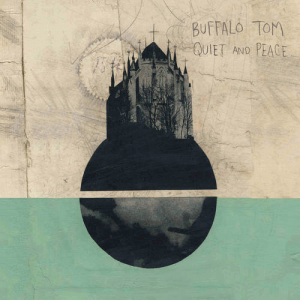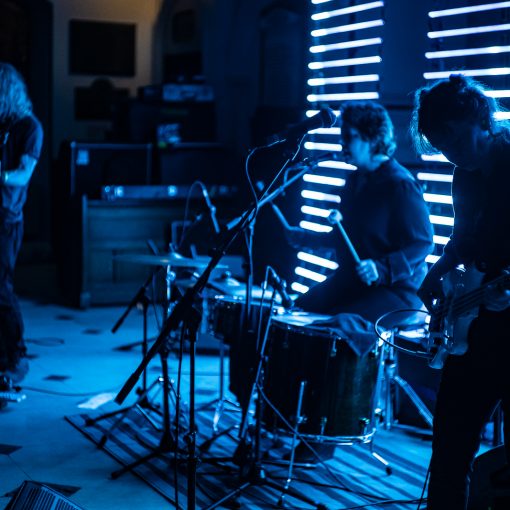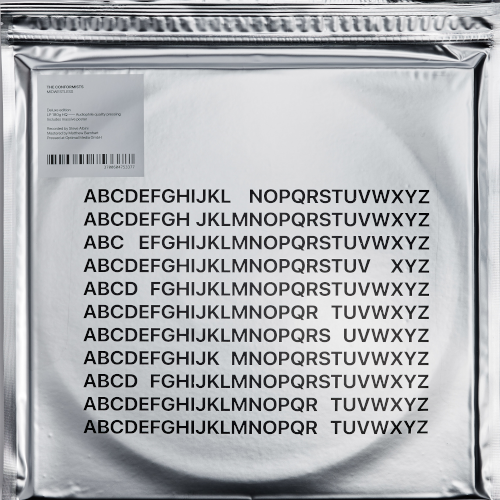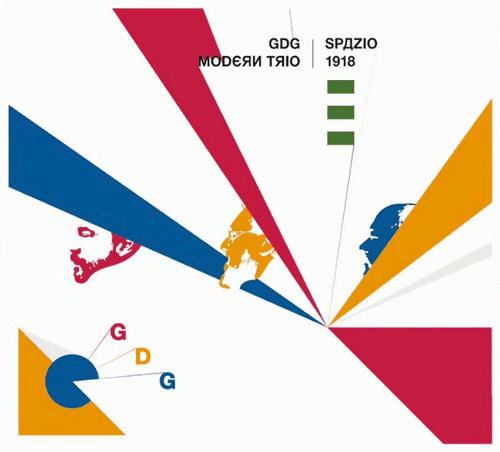 After thirty years of playing together with the odd break here and there, Buffalo Tom seem to convene every five years or so to throw down another bid for supremacy over the few bands that are left from their post-hardcore brethren.
After thirty years of playing together with the odd break here and there, Buffalo Tom seem to convene every five years or so to throw down another bid for supremacy over the few bands that are left from their post-hardcore brethren.
Quiet And Peace follows not-quite hot on the heels of 2011’s Skins and feels once again as if it is the most essential thing that they have ever recorded. There must be something about the length of time between albums that enables them to configure the tracks perfectly, and also allow for a period of anticipation amongst the fans. I mean, since they reconvened after 1998’s Smitten, I assume each album will be the last. They clearly still enjoy playing together and are so in touch, as all good trios should be, so the feeling the band gives is that playing together now is almost effortless, and there is no other band that sounds like them. The mix of songwriting and singing styles that Bill Janovitz (more forceful) and Chris Colbourn (often more wistful) bring to the band really sets them apart.
I must confess, I was excited to hear what the band had to offer this time around. For me, of the bands coming out of Boston in the late 1980s, Buffalo Tom always had the right mix of melody and noise, a power trio with a great split between strength and subtlety that gave each new album a feel of its own and a sense of a continued journey with the band at the helm, guiding you through their heartland. This latest finds song-writing duties split 60-40 Janovitz/Colbourn, with a cover of Paul Simon‘s “Only Living Boy In New York” for good measure.
Quiet And Peace starts off with one of Bill’s songs that finds him reflecting on middle age and fatherhood, a common theme for bands that have been playing together for two-thirds of their lives. The guitar is sharp and precise, with Colborn’s resonant bass sitting at a distance, giving space and allowing the drums to tie the two together. “I took the boat out of the water / I’m really missing my son and missing my daughter” is about the first line of the song and you realise that this is going to be a very humanity-oriented album. When he sings “My time behind is longer than my time ahead”, it is clear that a lot of rumination has been going on. Interestingly, Bill’s voice has changed as well. The register seems slightly lower and the vein-bursting effort of yore has been replaced by a more measured, less demanding delivery. It suits his songs and the new chapter of the band.
Tom Maginnis‘s drums are the other band secret. A trio format allows the drums to step forward slightly, and he is understated and solid; yet on “Freckles”, he is like a powerful metronome with no unnecessary frills, and that highlights the more piano-based form of the song; “Will you drive out the sea / Will you wait for me?” Bill’s guitar is spindly and weak, allowing the piano room and at over six minutes long, it almost is a nod to 1970s Germany, as if the band are just testing themselves to see what else they can accomplish. Rather like the swampy and humid vacuum of Colborn’s “CatVMouse”, there is a kind of Louisiana back porch feel to it, and even he is looking around and realising “Love comes once / You’d better hitch a ride”.
For a band to be so vibrant and essential at this point in their career is testament to just how well they work together, and to the adage less is more. My only complaint would be the inclusion of the Paul Simon cover. I mean, it is lovely, and it is great to hear Colborn and Janovitz duetting; but when a band are writing songs this strong and the opportunity only comes every five years or so, I would rather hear another original. But that is the most minor of complaints. I have enjoyed this album hugely and am already looking forward to 2024. Long may they reign.
-Mr Olivetti-



